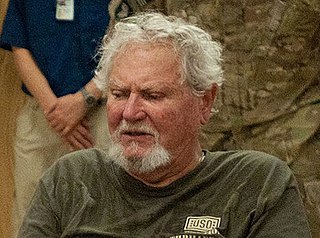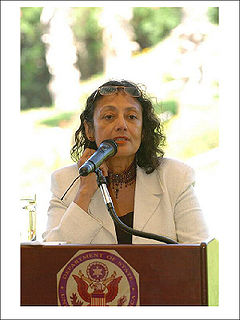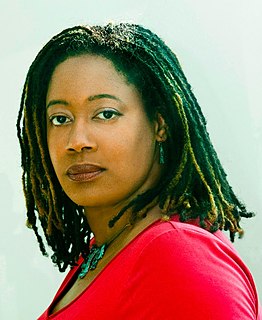A Quote by Clive Cussler
I want it to be easy to read. I'm not writing exotic literature.
Related Quotes
We're at an interesting phase of Asian and Asian-American writing, where we might succeed in having readers look at us as creative individuals who write with fury and fire about the world, and in new ways, without having them say things like "I read a really good Indian book," or "That Malaysian fellow writes very well." So I hope by identifying as Indian I can get people who don't usually read "ethnic" or "Indian" literature to read that literature and enjoy it.
God, you Jews are truly exotic." Exotic? She should only know the Greenblatts. Or Mr. and Mrs. Milton Sharpstein, my father's friends. Or for that matter, my cousin Tovah. Exotic? I mean, they're nice, but hardly exotic with their endless bickering over the best way to combat indigestion or how far back to sit from the television set.
Calling something exotic emphasizes its distance from the reader. We don't refer to things as exotic if we think of them as ordinary. We call something exotic if it's so different that we see no way to emulate it or understand how it came to be. We call someone exotic if we aren't especially interested in viewing them as people - just as objects representing their culture.
Literature cannot develop between the categories "permitted"—"not permitted"—"this you can and that you can't." Literature that is not the air of its contemporary society, that dares not warn in time against threatening moral and social dangers, such literature does not deserve the name of literature; it is only a facade. Such literature loses the confidence of its own people, and its published works are used as waste paper instead of being read. -Letter to the Fourth National Congress of Soviet Writers







































